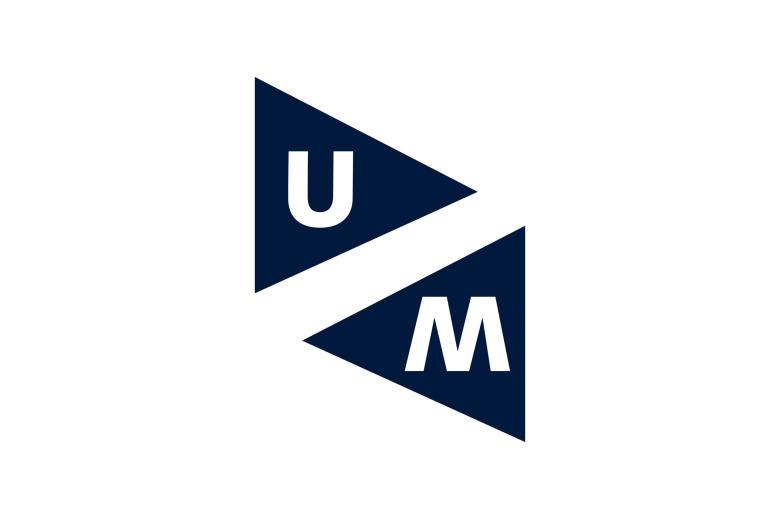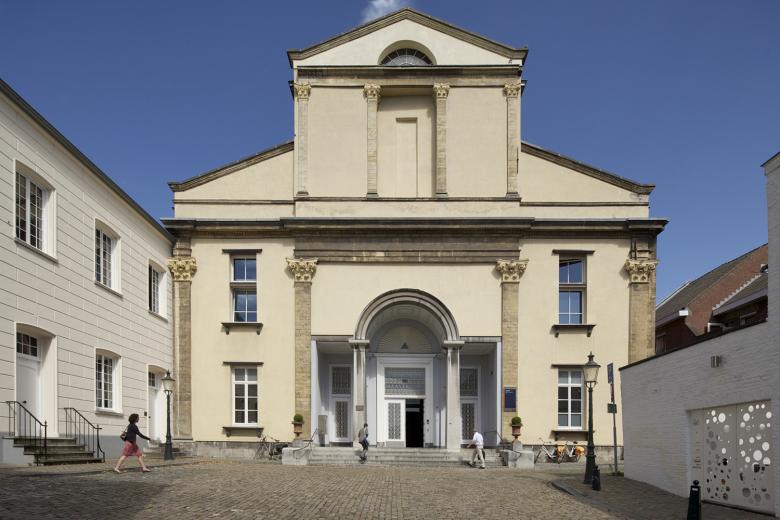Barbara Strating appointed UM Curator
As of 1 March, Barbara Strating will be the new curator at Maastricht University. She succeeds Mieke Derickx who has retired. Barbara will further develop the collection and create new experiences with art, culture and science. She wants to ‘further explore the relationship between the arts and science and facilitate crossovers.’
The new curator has a bachelor's degree in Philosophy and a master's degree in Art Policy & Patronage from Radboud University. Within the broad field of art and culture, Barbara has held various positions; for example, as an advisor and researcher on accessibility and inclusion at the Van Abbe Museum in Eindhoven. In addition, she has interviewed artists and written on subjects such as visual arts and art policy. She has been a curator at UM’s Studium Generale and is a member of the advisory committee of the Limburg Film Office.
The selection committee consisted of the chair and members of the Advisory Board of the UM Art and Heritage Committee and several UM heritage curators. The committee was impressed with Barbara's organisational skills and ability to connect with different stakeholders, as well as her knowledge of art and her large professional network within the art world which includes organisations, artists, foundations and governments.
New experiences
Art reflects its surroundings, in critical and complementary ways, and can therefore make a qualitative contribution to the work and study environment at UM. The basis for the development of the UM collection is that art is experimental, pioneering and challenging. Through both content and passion, it is expected that Barbara will further develop the collection to create new experiences with art, culture and science.
Barbara Strating: ‘Over the past four years, I have come to know Maastricht University as an inspiring and ambitious place to work. I am really looking forward to working with the various faculties and service centres to further build the university's art collection. The collection is fascinating and of high quality. Additionally, I find the relationship between the arts and science very interesting and want to explore this further and, where possible, facilitate crossovers. UM's interdisciplinary approach to education and research, with an eye for diversity, is a perfect starting point for this.’
Also read
-
Maastricht University ranked #3 worldwide and #1 in Europe in 2025 Better World MBA Ranking
We are incredibly proud to share that the MBA programmes of Maastricht University School of Business and Economics’ executive branches, MSM and UMIO, have once again been recognised among the very best sustainable business MBA programmes worldwide. In the 2025 Better World MBA Ranking by Corporate...
-

-
UM seeks new balance between the university and student associations
Maastricht University is suspending its relationship with student associations Tragos and Circumflex until further notice. Discussions with the boards of these associations have revealed that agreements outlined in the Code of Conduct have not been upheld. Experience from recent years shows that these...